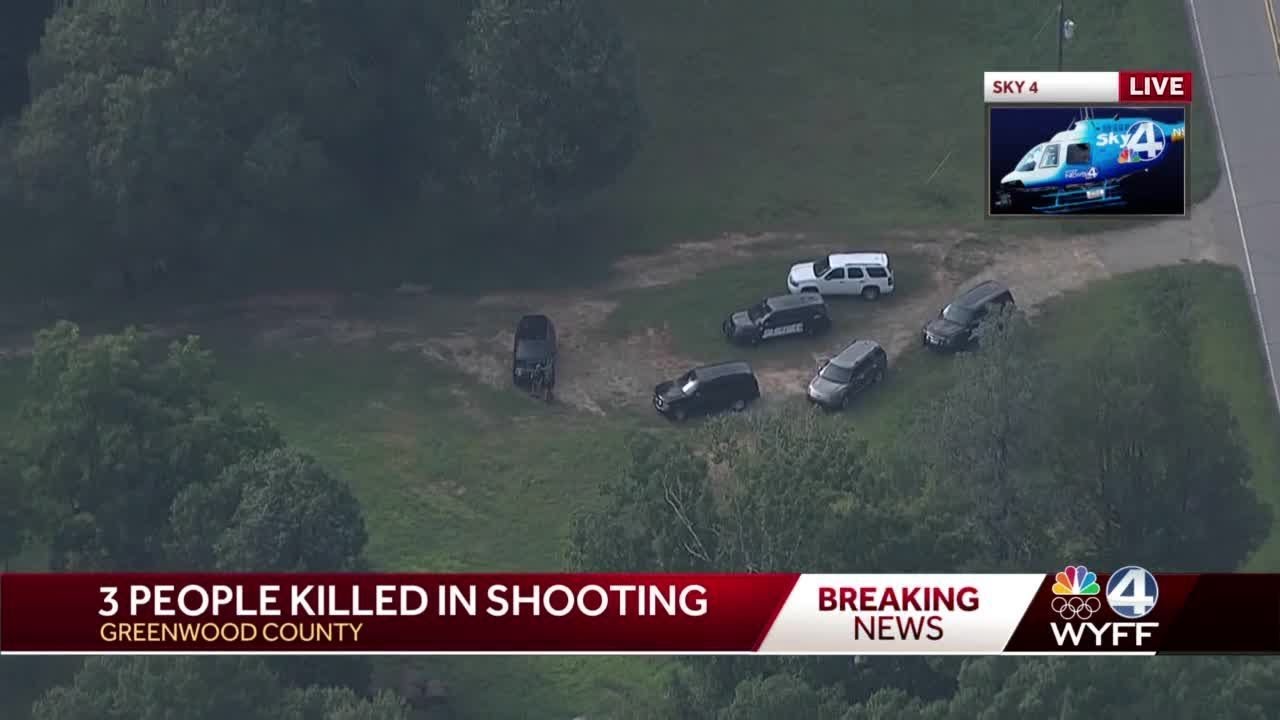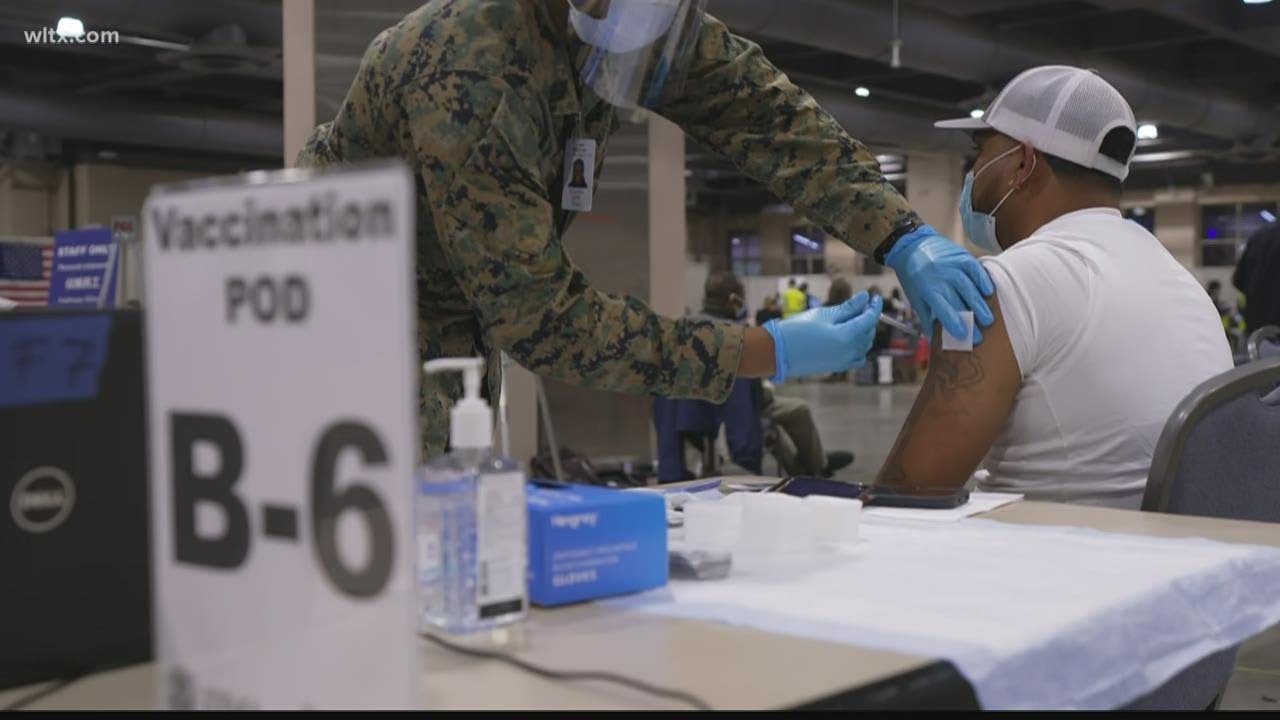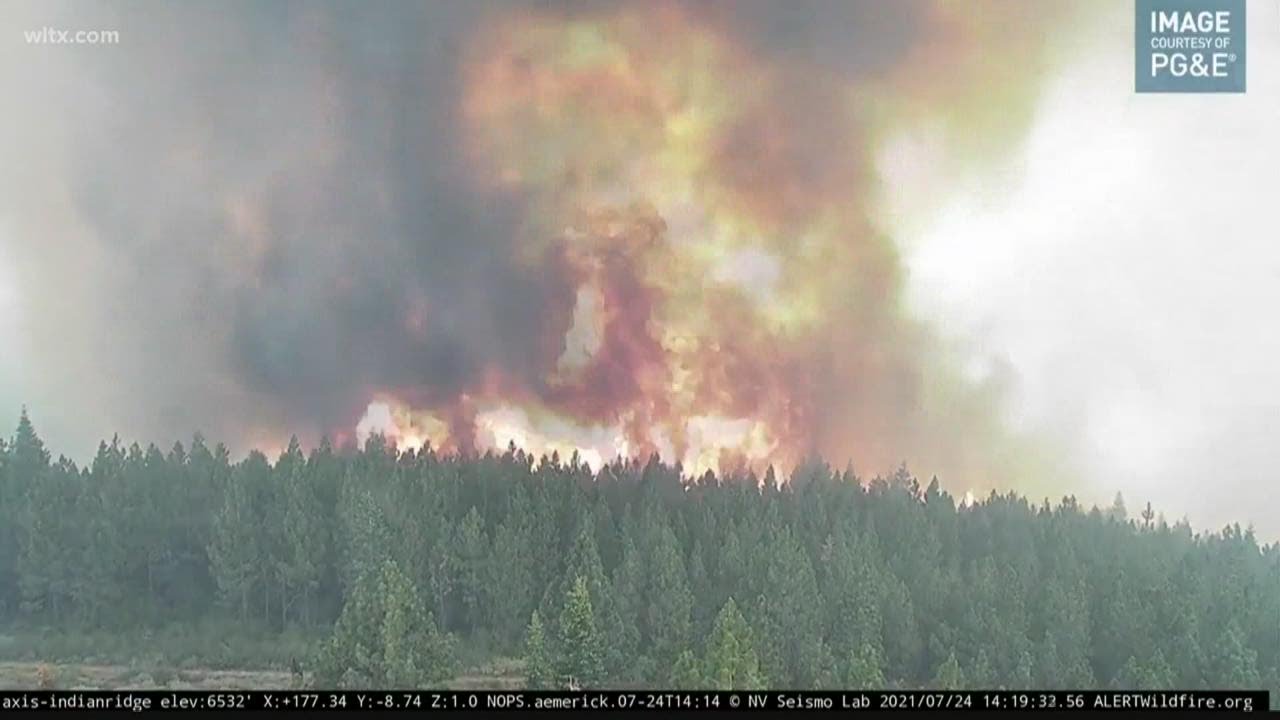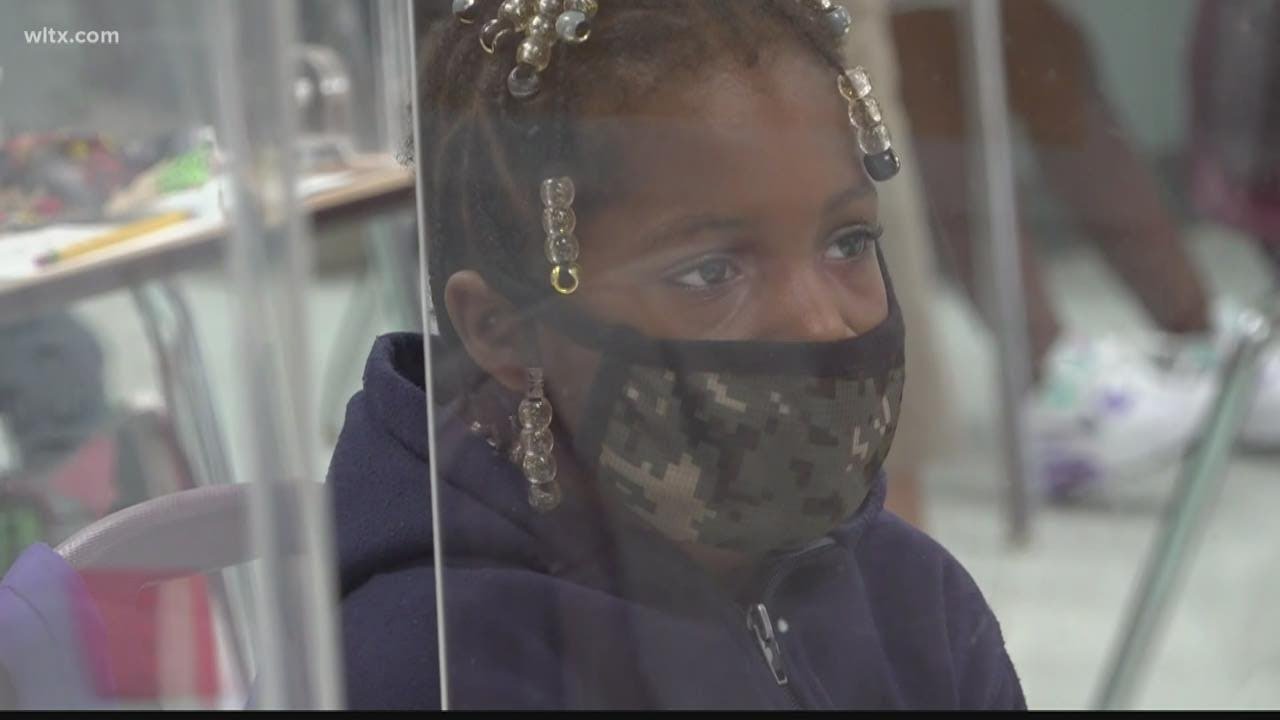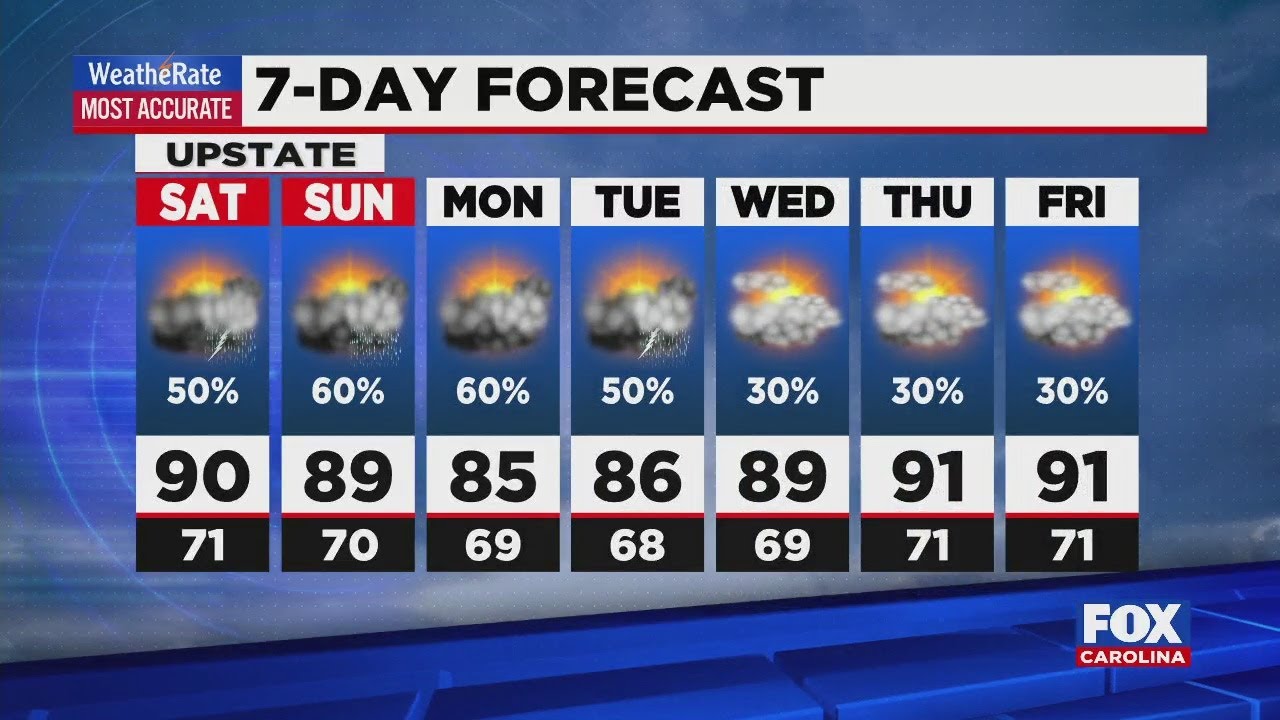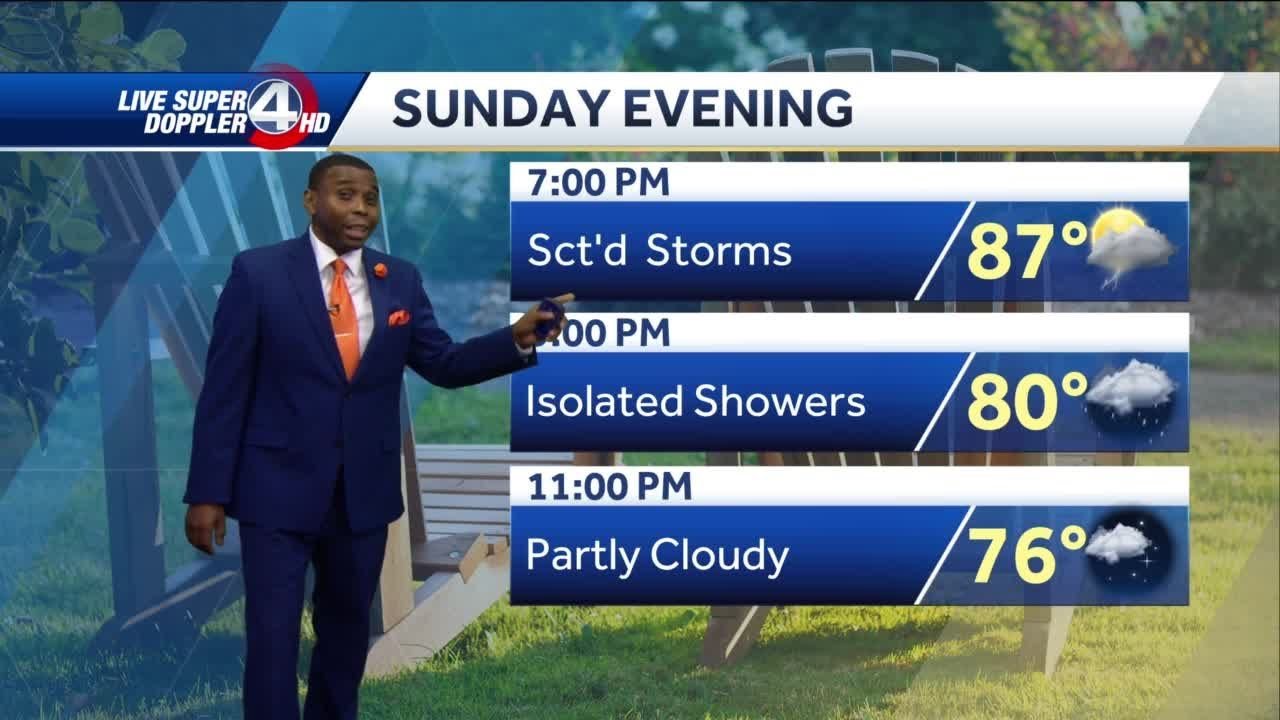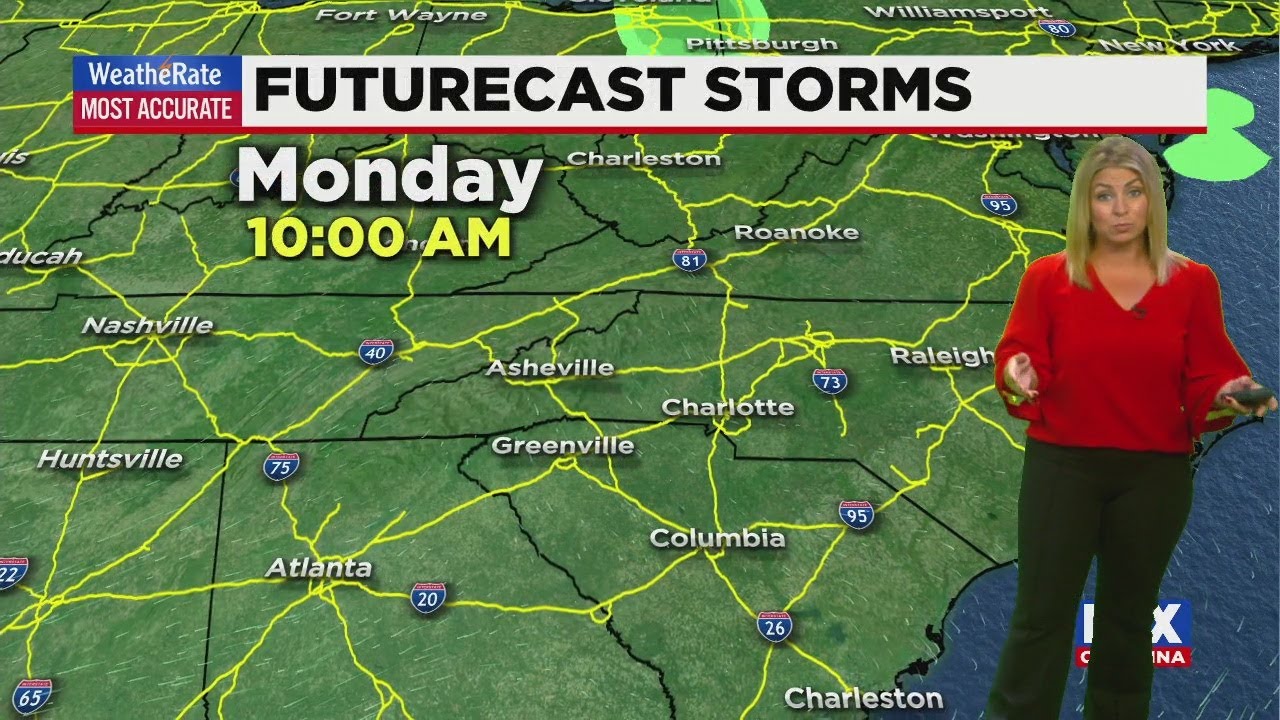“I stared at the veins in my wrists,” writes the former California congresswoman Katie Hill. “They were so thin. They were green in the candlelight. I started tracing them with the edge of the knife, lightly at first, then pushing harder and harder … Fine red lines started to appear and I knew that if I pushed just a tiny bit harder I would start to bleed.”
This was the moment when the rising Democratic star and protege of the House speaker, Nancy Pelosi, contemplated suicide. Two days earlier, Hill had announced her resignation after an affair with a member of her campaign staff was made public and nude photos of her were published online.
That was last October and, astonishingly, there was worse to come in Hill’s annus horribilis. In January her brother Danny Bennett died of a drug overdose; she was the one who found and attempted to resuscitate him. On 1 September, which would have been Danny’s 21st birthday, she will be back in California to help scatter his ashes at their old camping spot.
But in the words of the songwriter Stephen Sondheim, Hill wants the world to know “I’m still here”. She has penned a book, She Will Rise, a guide for women breaking glass ceilings, that she had begun before her brother’s death then rushed to finish in three weeks. She has also launched HerTime, a political action committee that helps young women and women of colour get elected.
She is starting a podcast, knowingly called Naked Politics. Her Twitter bio declares defiantly: “Not standing down. Not being silenced,” and has more than 180,000 followers treated to wry posts such as: “My marriage lasted twice as long as the Confederacy and I’ve already taken down all the monuments.”

Hill was part of the blue wave that won a majority in the House of Representatives in the 2018 midterm elections. She won a Republican district in California (it has since reverted to red, much to her chagrin), becoming one of the youngest women and one of the first openly bisexual people elected to Congress.
But she had been in office less than a year when nude images of her were published by RedState, a rightwing website, and the Daily Mail, a British newspaper that has become a US online juggernaut. Hill alleges that her estranged husband, Kenny Heslep, leaked the photos after she walked out on what she says was an abusive relationship; he reportedly denies this and claims his computer was hacked.
The pictures – one showing Hill holding a huge bong filled with a brown liquid – revealed that both she and Heslep had been in a relationship with a young member of her campaign team, something she now admits was a mistake.
Speaking by phone, Hill, who lives in a Washington flat and turns 33 on Tuesday, reflects on the experience: “It was awful. There’s really nothing like knowing most people that know who you are, or that you run into, have seen these embarrassing pictures that were not only never intended for other people to consume, but also you didn’t even know were there and that somebody who you trusted for your entire adult life had betrayed you with.”
Her very public shaming, she believes, was motivated by a toxic mix of “revenge porn”, partisan politics and the media’s insatiable appetite for clicks. “In RedState, it was Republicans pushing it. I don’t know what the political leanings of people are at the Daily Mail, or if it matters, but it was definitely salacious and it was clickbait. That’s part of why I think it’s so exploitative. There were tame pictures that would have told the same story; you don’t need the X-rated ones but it was the sexualisation of it, the sensationalisation of it, the fact that I was young and bi.”
She is currently divorcing Heslep and intends to sue the media outlets for distributing the images. “It’s going to be a challenging and potentially precedent-setting case because it’s about how this stuff, even if you blur out a nipple, is exploitative and uniquely affects women.”

Would a man have been treated differently in the same situation? “It’s hard to identify exactly how much of a role the sexism separately from other factors played into my resignation but what I know is that an abusive relationship is a factor of sexism. The photos that were taken and posted without my consent is a factor of sexism.
“The shaming is a factor of sexism and the way that women are held to a higher standard. We have someone in the White House who has over 25 people who have accused him of sexual misconduct but it’s almost something that we have come to expect or normalise for men and not for women.”
Nine in 10 people who are victims of cyber exploitation or revenge porn are women and more than half of them say they have seriously considered suicide or attempted suicide in the aftermath, Hill points out. “These images are consumed and sensationalised and plastered everywhere. I think there’s been one or two situations where men have had embarrassing photos leaked of them but those are very clearly blurred out. My sexuality – the fact that I was bi – was an even bigger factor.”
RedState also reported that Hill had a relationship with a member of her congressional staff, which both she and the staff member denied. An ethics investigation was opened but she quit before its conclusion. In the book, she writes of her dread at having to call Pelosi to tender her resignation: her voice shook and she was overcome with tears. The speaker, also from California, was compassionate and twice tried to talk her out of it.
“It was an incredibly difficult conversation. She’d taken me under her wing, she’d mentored me, she’d given me so many opportunities. I’d been with her at the leadership table for this critical, groundbreaking, historic work that we’d done at the beginning of 116th Congress. It just felt so much like I’d let her down too. Even though she said, ‘Don’t resign, we’ll have your back,’ I didn’t want people to have to have my back, if that makes sense.”

Two days after announcing her resignation Hill was lying in a cold bath beside an empty wine bottle, thinking about taking her life and coming extremely close.
“I was hiding in my apartment and I didn’t wanna get out of bed, but I couldn’t sleep. There just didn’t seem to be any way to make it all end.”
She goes on: “I had the knife and what stopped me was what I knew was going to be the impact on other people if I did it. I was so horrified by how I’d let people down, everyone from my staff to my colleagues to my family and my constituents. When I thought about it more, especially the people who had worked so hard for me and the young women and girls who looked up to me, I felt that if I just checked out entirely I could never have a [comeback]. I could never show that you can make a mistake and recover from it or that you can go through a horrible experience and then rise again. So I felt I couldn’t do that to other people. I certainly couldn’t do it to my family at the end of the day.”
Then came the coronavirus pandemic and uprising against racial injustice. After security forces fired teargas at peaceful protesters outside the White House so that Donald Trump could stage a photo op, Hill joined the Black Lives Matter marches in Washington.
She has thought a lot about an issue that exercised many white liberals: how to be a constructive ally without patronizing or performative virtue signaling. “I talked to a lot of protesters. I talked to advocates on the issue, and it seems like being there, being a private citizen and showing solidarity absolutely is meaningful. The other part is doing the learning, figuring stuff out, reading the history that you weren’t taught, reading the perspectives that you have never heard.
“The other thing I would say to people is this isn’t the time for you to talk. This is the time for you to listen and to take a step back if there’s an opportunity to do so. Let people of color have a moment to try to show us things that they’ve been silent on for a long time. You don’t need to be the centre of attention.”
Now the presidential election is looming. Hill, who regards Trump’s tenure as an “absolute shitstorm”, had endorsed her fellow Californian Kamala Harris in the Democratic primary, so will settle for her as a potential vice-president. When Joe Biden named Harris as is running mate, there was a predictable chorus of sexist and racist abuse from Trump, Republicans and Fox News.
“It was completely to be expected and I honestly imagine it will get worse,” Hill comments. “It’s almost like a large section of men, particularly this president and his allies, don’t even know how to attack a woman without being sexist.”
-
In the US, the National Suicide Prevention Lifeline is at 800-273-8255 or chat for support. You can also text HOME to 741741 to connect with a crisis text line counselor. In the UK and Ireland, Samaritans can be contacted on 116 123 or email jo@samaritans.org or jo@samaritans.ie. In Australia, the crisis support service Lifeline is at 13 11 14. Other international helplines can be found at Befrienders.


